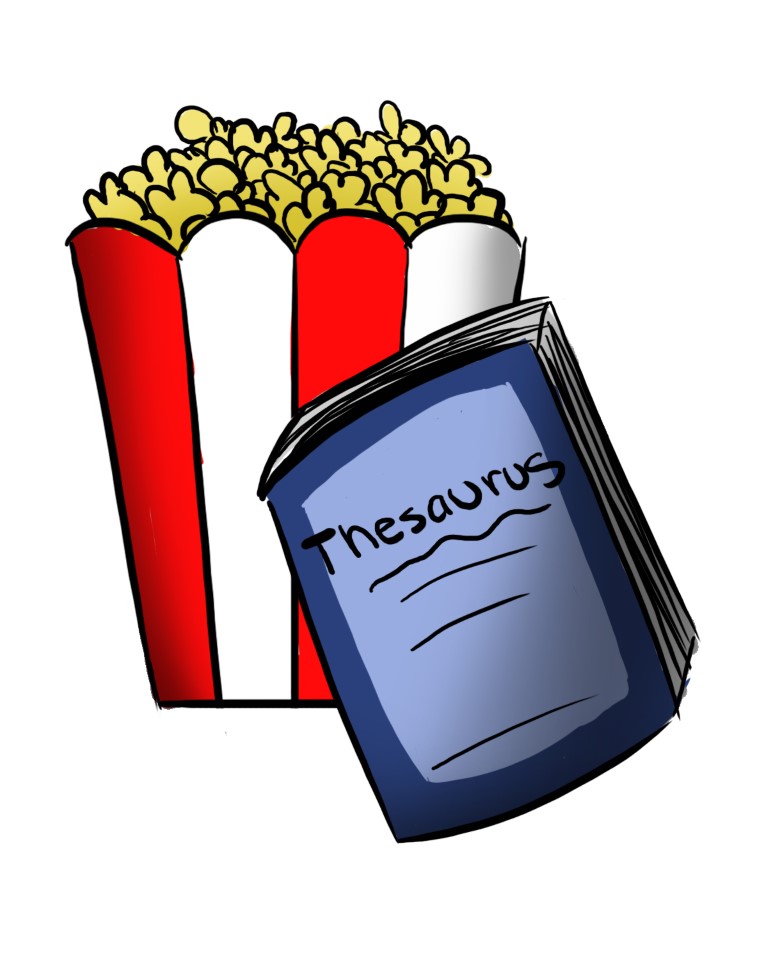
How these two distinctive holidays were created
By Brandon Yip, Senior Columnist
The original title of the book was called ‘Thesaurus of English Words and Phrases Classified and Arranged So As To Facilitate the Expression of Ideas and Assist in Literary Composition’
To be honest, before writing this article I had never heard of National Thesaurus Day and National Popcorn Day. But after conducting further research, I am now better informed regarding the significance of these two special holidays… celebrations, traditions, customs, revelry—while my fingers are sticky from eating popcorn with gobs of butter!
National Thesaurus Day
How is this holiday celebrated, honoured, recognized, or bastardized? I have always been curious, quizzical, wondering, inquiring. I will guess that National Thesaurus Day was made for the man who invented the thesaurus, Peter Mark Roget. Roget was born on January 18, therefore it is appropriate to honour him on his birthday.
Roget first began writing the thesaurus in 1848 and would finish it in 1852 with 15,000 words. The original title of the book was called Thesaurus of English Words and Phrases Classified and Arranged So As To Facilitate the Expression of Ideas and Assist in Literary Composition; it is safe to assume that editors were not invented in 1852! Nonetheless, the National Today website honouring National Thesaurus Day outlines some fun activities to do while celebrating this unique holiday. Some activities include playing a game of “synonym password,” rewriting a famous story or poem, or perusing through a thesaurus for old time’s sake—which is perfect for quarantine! National Today explains the significance of this special holiday: “We can do more than have a conversation, but a discussion, a talk, or an exchange! Writers and non-writers alike can be thankful for all the word options available in a thesaurus and celebrate the work of Peter Mark Roget on National Thesaurus Day!”
National Popcorn Day
I am trying to rid my ignorance and become “butter” informed about National Popcorn Day on January 19.
Popcorn has been a staple snack for millions of people worldwide.
According to the National Today website honouring National Popcorn Day, there is a notable difference between the corn that we eat and the corn that we pop—both are two different types of maize. Interestingly, the corn that is usually served at dinnertime is unlikely to pop at all. Yet, one variety of corn can turn into popcorn: Zea mays everta—which sounds like a soccer player ready to take a penalty kick! This specific corn type contains small ears and the kernels split open when exposed to dry heat.
The origins of Zea mays everta (small heads) begin in 1948 when they were discovered by Earle Smith and Herbert Dick in the Bat Cave (a famous site) located in New Mexico. These ancient Bat Cave ears were approximately 4,000 years old, ranging from being tinier than a penny to around two inches. Numerous individually popped kernels were also found. They have since been carbon dated and revealed to be roughly 5,600 years old. Furthermore, there is evidence of early consumption and use of popcorn in Guatemala, Mexico, and Peru—and other places in Central and South America. Popcorn has been linked to the Aztecs, Native Americans, French explorers, and Iroquois Natives in the Great Lakes region. Plus, as colonists travelled throughout North America during the time the US formally became a country, many people incorporated popcorn as a healthy and popular snack.
Ironically, in the 1920s, many theatres in North America refused to sell popcorn because it was considered too messy! Ultimately, the National Today website lists some activities to do to celebrate National Popcorn Day. They recommend making popcorn jewelry, planning a movie marathon, and putting on the popcorn Olympics at your office (which may be difficult due to the pandemic).

